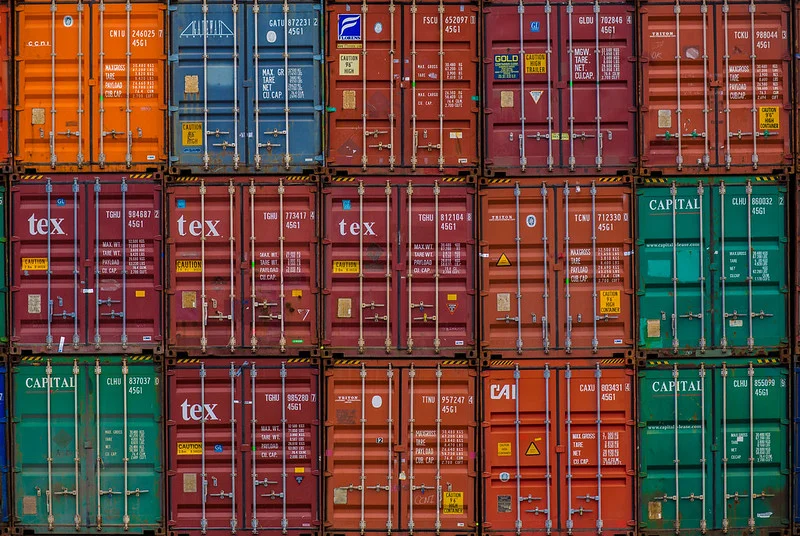Helleiner shows that there were as many flavors of neomercantilism as there were national, imperial, and postcolonial traditions. From Meiji Japan to Sun Yat-sen’s China, from Muhammad Ali’s Egypt to Marcus Garvey’s African diaspora and the Swadeshi movement in India, neomercantilist ideas flourished throughout the long nineteenth century. They took form in political speeches, racist diatribes, bureaucratic memos, parliamentary debate, religious sermons, polemical pamphlets, and popular journalism as often as in philosophical monographs associated with the enlightened genre of political economy. Many spatial scales were imagined as the locus of power for neomercantilist ideals, from feudal domains to nations and empires to racial diasporas. Neomercantilist strategies were deemed relevant over different time periods, from emergency responses to security threats to temporary catch-up measures to permanent foundations for cultural enclaves. Finally, the nature of political economy itself was at stake for the neomercantilists. Was it a universalist discipline, capable of providing unambiguous advice for all times and places? Or were its truths always circumscribed by the particularities of culture, geography, and history? Uncovering the kaleidoscopic variety and diverse origins of the various neomercantilisms is Helleiner’s central contribution.
Read more from us at Boston Review here.
